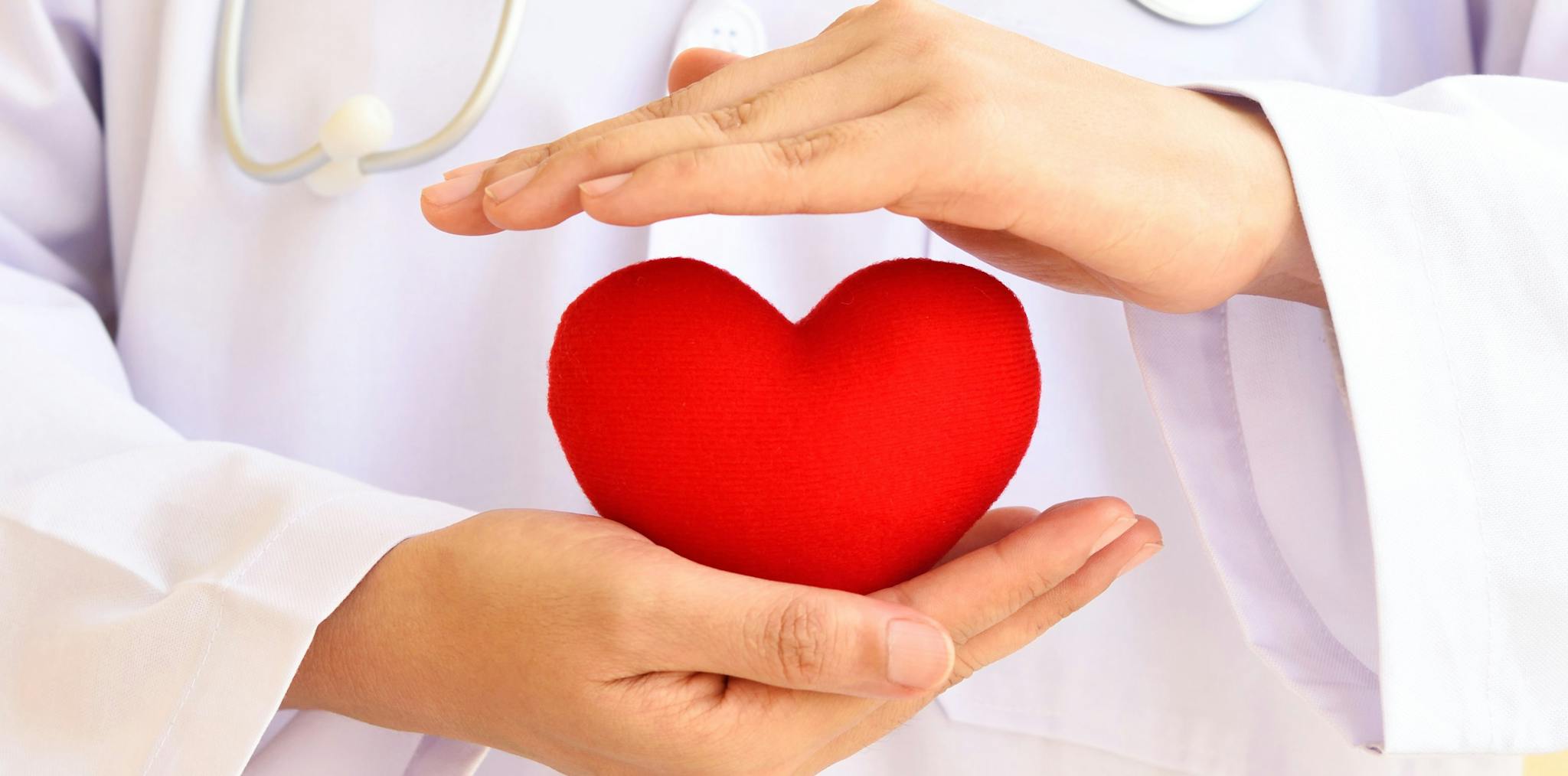
2024-07-12T16:54:51
Sunscreen Travel Tips
- Dermatology
June 5, 2019 | Internal Medicine

Cholesterol is a waxy, fat-like substance that is made by the liver and used for a variety of jobs such as producing hormones or breaking down fatty foods. Here are the three main types of cholesterol that can be found in our bodies:
LDL cholesterol: Short for low-density lipoprotein, LDL is considered “bad” cholesterol because high levels of it can lead to plaque buildup in the arteries, which can, in turn, lead to heart disease and stroke. LDL cholesterol makes up the majority of the body’s cholesterol.
HDL cholesterol: Short for high-density lipoprotein, HDL is the “good” cholesterol—higher levels can reduce the risk of heart disease and stroke. HDL cholesterol absorbs cholesterol and sends it back to the liver, which flushes it through the body.
Triglycerides: Triglycerides are a type of fat in the bloodstream that the body uses for energy. If high levels of triglycerides are combined with low HDL cholesterol or high LDL cholesterol, it can increase heart attack and stroke risk.
According to the Centers for Disease Control and Prevention (CDC), our body produces all of the cholesterol we need to stay healthy. With this in mind, it is important to our well-being to monitor and maintain healthy cholesterol levels throughout our life.
Cholesterol intake from diet has concerned doctors for a long time, as some dietary choices have been found to contain high amounts of cholesterol. Although scientists have not been able to conclude whether dietary cholesterol increases the amount of cholesterol in our bloodstream, they recommend that we do not intake a significant amount of cholesterol from our diet.
Whether you are trying to lower your current cholesterol levels or limit your cholesterol intake altogether, here are some tips to increase your HDL cholesterol and lower your LDL cholesterol.
Sources:
“How it’s made: Cholesterol production in your body.” Harvard Medical School.
https://www.health.harvard.edu/heart-health/how-its-made-cholesterol-production-in-your-body
“About Cholesterol.” Centers for Disease Control and Prevention.
https://www.cdc.gov/cholesterol/about.htm
“Dietary Guidelines for Americans 2015-2020.” Department of Health and Human Services.
https://health.gov/dietaryguidelines/2015/resources/2015-2020_Dietary_Guidelines.pdf
“How to Lower Cholesterol with Diet.” MedlinePlus.gov.

WRITTEN BY:
The Live Better Team


2024-07-12T16:54:51

2024-07-02T11:42:04

2024-07-01T13:49:28

2024-06-21T14:29:51
This information is not intended to replace the advice of a medical professional. You should always consult your doctor before making decisions about your health.